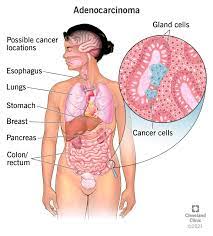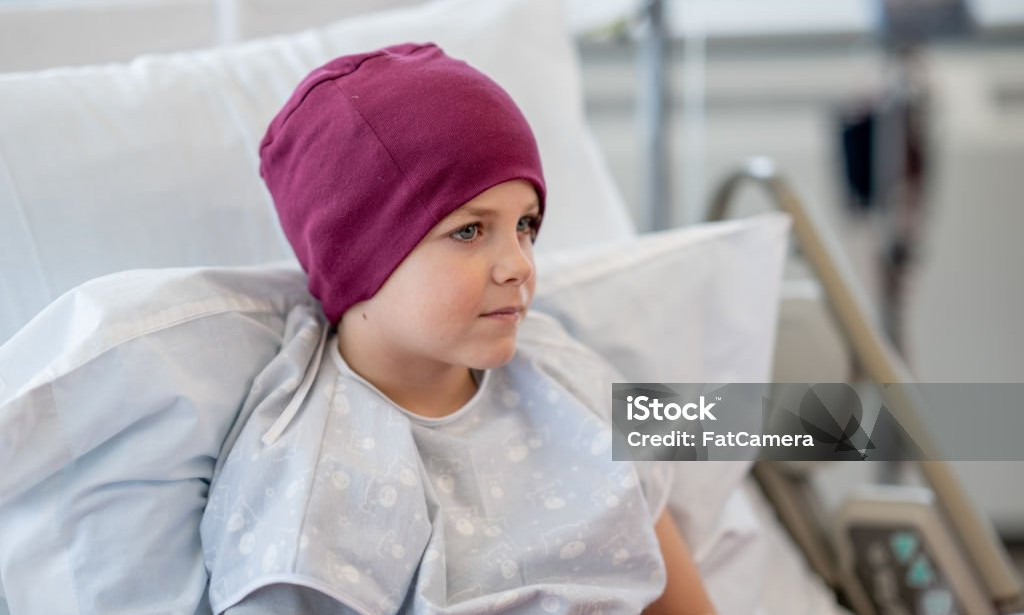Introduction.
Cancer is a complex and pervasive group of diseases characterized by the uncontrolled growth and spread of abnormal cells. This multifaceted condition can affect virtually any tissue or organ in the body, making it a formidable health challenge worldwide. As we delve into the intricate realm of cancer, it's essential to understand its various aspects, from risk factors and prevention to diagnosis, treatment, and the ongoing efforts in research.
### Understanding Cancer:
1. **Cellular Chaos:** At its core, cancer begins when normal cells undergo genetic mutations that enable them to evade the body's natural control mechanisms. These cells then proliferate uncontrollably, forming a mass known as a tumor.
2. **Diverse Forms:** Cancer isn't a singular disease but a collective term for over 100 different types, each with distinct characteristics. Examples include breast cancer, lung cancer, and leukemia, among others.

### Risk Factors:
3. **Genetics:** Some individuals inherit genetic mutations that predispose them to cancer, underscoring the importance of family medical history in assessing risk.
4. **Environmental Influences:** Exposure to carcinogens, such as tobacco smoke, UV radiation, and certain chemicals, significantly increases the likelihood of developing cancer.
### Prevention:
5. **Lifestyle Choices:** Adopting a healthy lifestyle by maintaining a balanced diet, engaging in regular physical activity, and avoiding tobacco products can substantially reduce cancer risk.
6. **Screening and Early Detection:** Regular screenings, like mammograms and colonoscopies, aid in identifying cancer at its earliest stages, enhancing the chances of successful treatment.
### Diagnosis:
7. **Diagnostic Tools:** Advanced technologies, including imaging scans, biopsies, and blood tests, play pivotal roles in accurately diagnosing the type and stage of cancer.
8. **Staging:** Determining the extent of cancer's spread through staging is crucial for devising an effective treatment plan. Stages range from 0 (localized) to IV (advanced).
### Treatment Modalities:
9. **Surgery:** Removing cancerous tumors through surgical procedures remains a primary treatment method, particularly for localized cancers.
10. **Chemotherapy:** Using drugs to kill or slow the growth of cancer cells, chemotherapy is effective but often associated with side effects due to its impact on both cancerous and healthy cells.
11. **Radiation Therapy:** Targeted radiation aims to destroy cancer cells while minimizing harm to surrounding healthy tissues.
12. **Immunotherapy:** Harnessing the body's immune system to recognize and combat cancer cells has emerged as a promising avenue for treatment.
### Ongoing Research and Innovations:
13. **Precision Medicine:** Tailoring treatments based on an individual's genetic makeup allows for more personalized and effective interventions.
14. **Cancer Vaccines:** Developing vaccines to prevent certain cancers, like the HPV vaccine for cervical cancer, showcases advancements in preventive strategies.
15. **Nanotechnology:** Utilizing tiny particles for targeted drug delivery shows potential in enhancing treatment efficacy while reducing side effects.

### Coping with Cancer:
16. **Supportive Care:** The emotional and physical toll of cancer necessitates holistic care, including counseling, support groups, and symptom management.
17. **Survivorship Programs:** As more individuals survive cancer, survivorship programs focus on addressing long-term effects and improving overall quality of life.
### Global Impact:
18. **Economic Burden:** Beyond its health implications, cancer places a significant economic burden on societies due to healthcare costs, productivity loss, and caregiving expenses.
19. **Global Initiatives:** Collaborative efforts among researchers, healthcare professionals, and organizations worldwide aim to improve cancer prevention, diagnosis, and treatment on a global scale.
### Conclusion:
20. **Hope and Progress:** While cancer remains a formidable adversary, ongoing research, technological advancements, and collective efforts instill hope for a future where this complex set of diseases is better understood and more effectively managed.
In the face of the myriad challenges posed by cancer, a comprehensive understanding, combined with proactive prevention and innovative treatments, holds the key to advancing our collective fight against this formidable foe.


You must be logged in to post a comment.